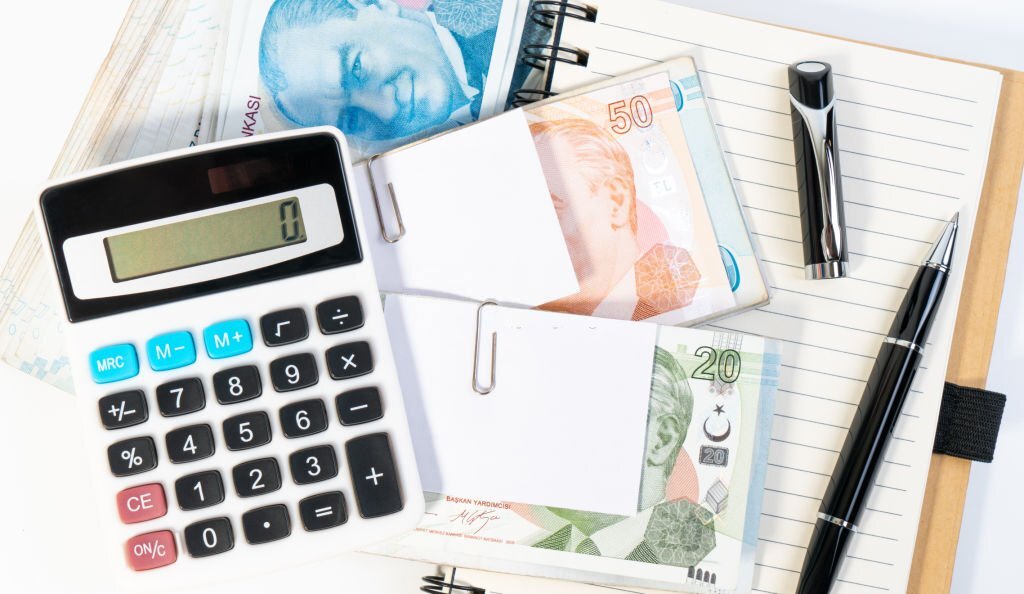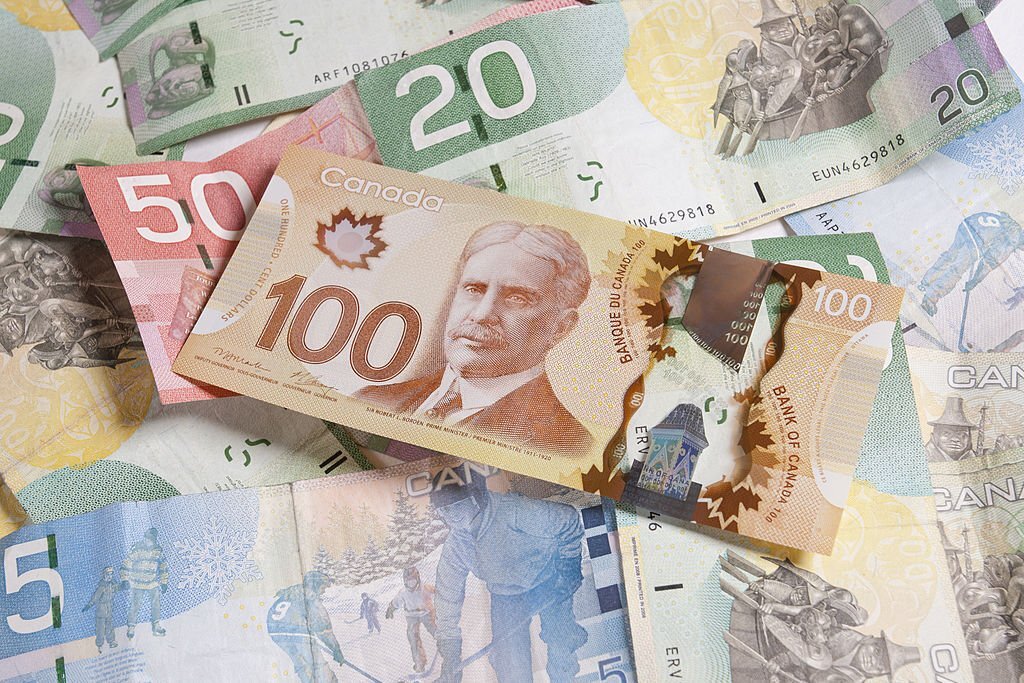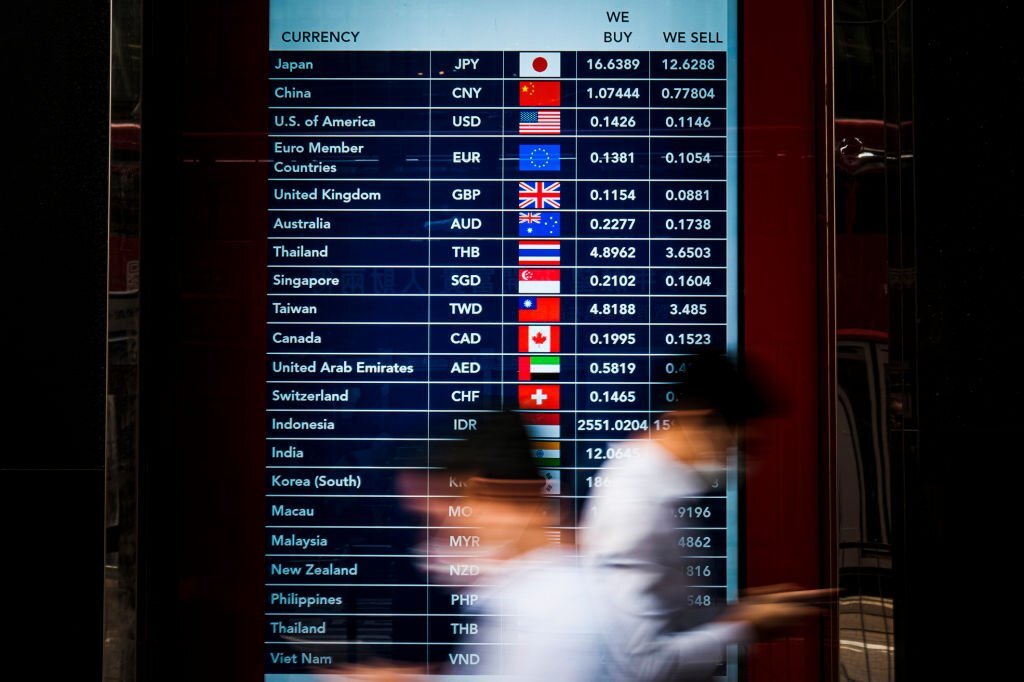Foreign currency exchange is the process of exchanging one currency for another. Currencies are traded on the foreign exchange market, which is a decentralized market that allows users to buy and sell currencies. The prices of currencies are determined by factors such as supply and demand, economic conditions, and political stability.
For example, if more people want to buy a certain currency, the price of that currency will increase. Foreign currency exchange can be used for a variety of purposes, such as making international payments or hedging against currency risk. There are a number of different ways to exchange currencies, including using forex brokers, online platforms, or banks and airports.
The Risks Involved In Foreign Currency Exchange
Foreign currency exchange is not without its risks. Here are six of the biggest dangers to be aware of before you make any transactions.
- Volatility- Foreign currency exchange rates can fluctuate rapidly, and these fluctuations can cause significant losses.
Anyone considering a foreign currency exchange should be aware of the risks involved. The most significant risk is volatility: foreign currency exchange rates can fluctuate rapidly, and these fluctuations can cause significant losses.
For example, consider an investor who exchanges US dollars for Euros. If the value of the Euro rises relative to the dollar, the investor will profit from the exchange. However, if the value of the Euro falls relative to the dollar, the investor will incur a loss.
- Lack of Liquidity
It can sometimes be difficult to convert foreign currency back into your home currency, especially if the currency is not widely traded. This lack of liquidity can make it hard to exit a position quickly if the market moves against you.
Some currencies are more liquid than others, which means they can be more easily converted into cash. For example, US dollars and Euros are very liquid currencies, while Cambodian riel and Venezuelan bolivares are much less so.
- Counterparty Risk
When you engage in foreign currency exchange, you are entering into a contract with another party. There is always the risk that the other party will default on the contract or otherwise not fulfil their obligations.
In the context of currency exchange, counterparty risk is the risk that the other party to a transaction will not pay the agreed-upon amount of currency. This risk is typically hedged through the use of financial contracts known as derivatives. Derivatives are financial instruments that derive their value from an underlying asset.
In the case of currency exchange, the underlying asset is typically a foreign currency. By entering into a derivative contract, each party to the transaction agrees to pay or receive a certain amount of currency if the price of the underlying asset moves in a certain direction. In this way, derivatives can help to reduce or eliminate counterparty risk.
- Political Risk
Changes in government policy can have a big impact on foreign currency exchange rates. For example, a country that devalues its currency will typically see the value of its currency fall against other currencies.
This can include everything from a change in government to instability or violence. Political risk is a significant concern for businesses that export or import goods and services, as it can lead to drastic changes in currency values, tariffs, and other trade barriers. While it is impossible to eliminate political risk completely, there are ways to mitigate its effects.
For example, businesses can diversify their operations by expanding into multiple markets, hedging their currency exposure, and maintaining strong relationships with key trading partners. By understanding and preparing for political risk, businesses can minimize its impact on their bottom line.
- Economic Risk
Economic factors such as inflation and interest rates can also affect foreign currency exchange rates. For example, high inflation in one country will typically cause its currency to lose value against other currencies with lower inflation rates.
When participating in the foreign currency exchange market, it is important to be aware of the various types of risks that can affect your transactions. Economic risk is the likelihood that events in the broader economy will negatively impact the value of a currency.
For example, if a country’s inflation rate rises faster than its trading partners, this could lead to a decline in the value of its currency. Investors who are long the currency may suffer losses as a result. Economic risk can also arise from political instability or natural disasters.
In these cases, it is often hard to predict how investors will react, which can lead to large swings in currency values. As such, economic risk should be carefully considered when participating in the foreign currency exchange market.
6 . Exchange Rate Risk
The risk that a currency will lose value against another specific currency is known as exchange rate risk . This risk is particularly relevant when trading in pairs that are highly correlated, such as the euro and the Swiss franc.
When discussing exchange rate risk in the context of currency exchange, one is referring to the potential for losses that can occur as a result of fluctuations in the exchange rate. These risks can arise from both long- and short-term changes in the value of one currency relative to another. For businesses that engage in international trade, exchange rate risk can be a major source of financial losses.
To mitigate this risk, businesses typically enter into forwarding contracts or purchase currency-hedging instruments. Forward contracts fix the exchange rate between two currencies at a specified date in the future, while hedging instruments provide protection against adverse movements in the exchange rate.
By hedging their exposure to exchange rate risk, businesses can protect themselves from potential losses and ensure that their profits are not wiped out by sudden changes in the value of foreign currencies.
How To Avoid The Risks Involved In Foreign Currency Exchange
For many people, the idea of investing in foreign currency can be very appealing. After all, there’s no need to worry about volatile stock markets or fluctuating interest rates. However, it’s important to remember that foreign currency exchange comes with its own set of risks. Here are a few tips to help you avoid losing money:
- Do your homework. It’s important to research any currency you’re thinking of investing in. Make sure you understand the political and economic factors that can affect its value.
- Buy from a reputable source. There are many scams associated with foreign currency exchange. Only buy from a dealer that’s duly registered with the Financial Industry Regulatory Authority (FINRA). If you live in Canada do consult SNS currency exchange Surrey for reliable advice.
- Use stop-loss orders. These orders will automatically sell your currency if it falls below a certain price, helping you limit your losses.
- Have an exit strategy. Before you invest, determine how long you’re willing to hold onto the currency and at what point you’ll sell it. This will help you avoid getting emotionally attached to your investment and make rational decisions when the time comes to sell.
By following these tips, you can help protect yourself from the risks involved in foreign currency exchange.
Conclusion:
When it comes to foreign currency exchange, there are a number of risks involved. However, by taking some simple precautions, you can help protect yourself from these risks. By using stop-loss orders and having an exit strategy, you can minimize your losses and make sure that you’re making rational decisions when it comes time to sell.








